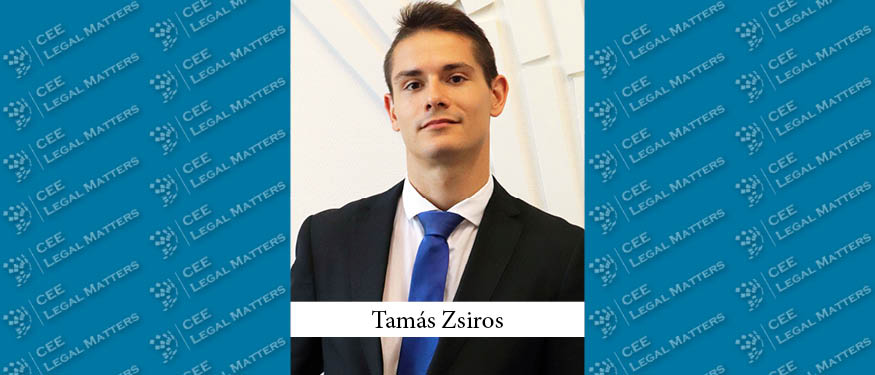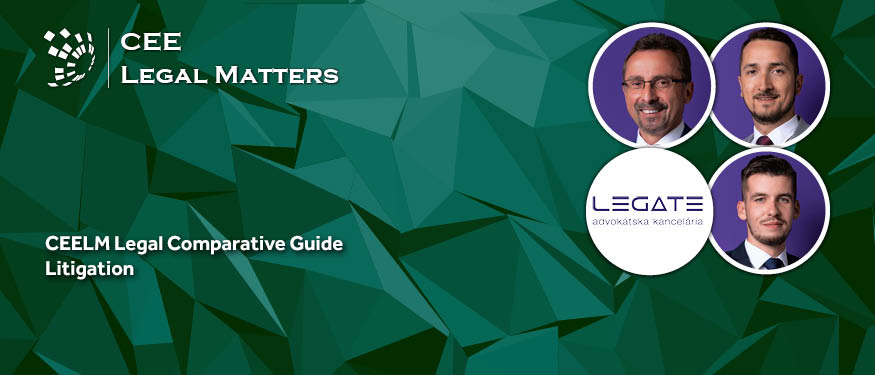The Hungarian Ministry of National Economy published a bill to amend the ESG Act on 21 March 2025, simultaneously launching a public debate on the proposal. According to the official justification, the amendment aims to optimise the ESG reporting framework for sustainability aspects of Hungarian enterprises, to further strengthen the competitiveness of enterprises and to reduce the reporting and administrative burden on enterprises.
Hungary’s New Non-Performing Loans Rules: What Market Players Need to Know
In recent years, the European Union has paid special attention to the management of non-performing loans (NPLs), as these loans significantly impact the economic and financial stability of member states. As part of this effort, (EU) Directive 2021/2167 was introduced, which member states were originally required to implement into national law by 29 December 2023. However, in Hungary, the draft law aimed at implementing the directive was only presented to Parliament in March 2025.
Flexible Amendment to the Labor Code is Here. What Will It Bring?
The Chamber of Deputies has approved an amendment to the Labour Code, which should increase flexibility in employment relations. Unless something unexpected happens, most of the amendment will become
Ukraine: Enhancing the Protection of Bona Fide Owners' Rights
On 9 April 2025, Law of Ukraine No. 4292-IX On Amendments to the Civil Code of Ukraine on Enhancing the Protection of Bona Fide Owner's Rights (the "Law") came into force. The Law aims to enhance the protection of bona fide owners' rights by establishing a time limit for the reclamation of real estate of such bona fide owners and providing compensation to them for such reclamation.
Romania: Debts of Up to EUR 10,000 Now Easier To Collect
Good news for companies seeking to collect debts from Romanian business partners: the Romanian Parliament has recently passed a draft law amending the threshold value for the country's small claims procedure.
New Bylaws in the Field of Occupational Safety and Health
On 17 January 2025, the Ministry of Labor, Employment, Veteran and Social Affairs of the Republic of Serbia rendered two new rulebooks in the field of occupational safety and health, the implementation of which begins on 28 April 2025, as follows:
Correction & Additional Decision in ICC Arbitration Law
The final and binding nature of arbitral awards provides legal predictability to the parties while also allowing for the possibility of material errors or omissions in the arbitral decisions.
Energy Security and Investment Opportunities in Czech Gas-Fired Power
The Czech Chamber of Deputies is discussing a key legislative proposal, known as "Lex Plyn" (Gas Act), aimed at ensuring energy stability during the coal energy phase-out. Set to take effect in August 2025, the proposal streamlines administrative processes to attract investment in gas-fired power plants while safeguarding energy security.
Tax Audit of Dividend Claims Placed in a Trust
On 11 March 2025, the Ministry of National Economy and the National Tax and Customs Administration of Hungary published an opinion regarding the taxation of assigning dividend claims into a trust structure.
Litigation in Ukraine
Contributed by Kinstellar.
Litigation in Turkiye
Contributed by Balcioglu Selcuk Eymirlioglu Ardiyok Keki Attorney Partnership.
Litigation in Slovenia
Contributed by Senica.
Litigation in Slovakia
Contributed by Legate.
Litigation in Romania
Contributed by RC International Disputes.
Litigation in Poland
Contributed by Linklaters.
Litigation in Montenegro
Contributed by KBP Legal.
Litigation in Moldova
Contributed by Gladei & Partners.
Litigation in Hungary
Contributed by Oppenheim.

































